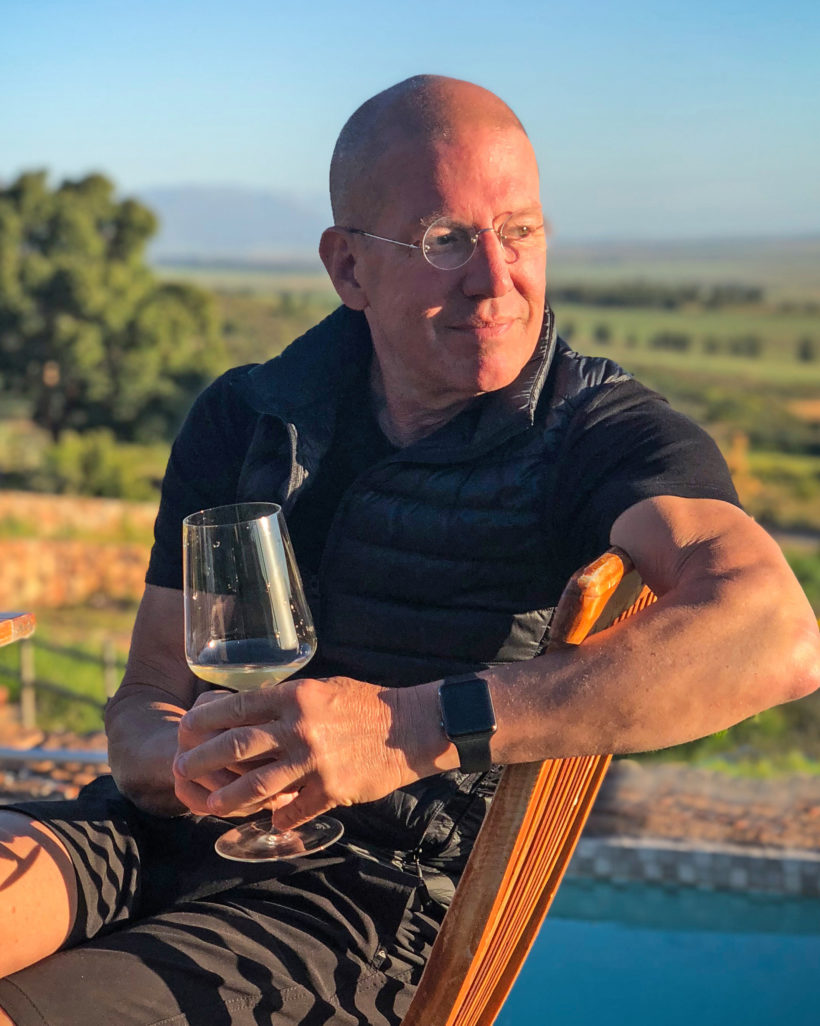Wine expert Todd White will discuss additives and natural alternatives during a lecture at IHMC.
The nectar of the gods, a favorite of gourmands and stressed-out moms, wine often contains downright disturbing ingredients, says wine expert Todd White.
According to White, most of the wine in the U.S. is mass-manufactured by companies that rely on certain compounds to sanitize their merlots and chardonnays.
He will discuss wine-related toxins and byproducts during his talk, The Dirty Secrets of the Wine Industry, on December 6th at the Florida Institute for Human & Machine Cognition (IHMC) in Ocala.

Scores of supposedly family-run operations, including those Napa Valley chateaus nestled alongside hilly rows of grapes backlit by a setting sun, are not where the actual winemaking happens, White says.
“Robert Mondavi is a world-class American brand,” he explains, “but it’s not owned by the Mondavis and it hasn’t been for years. The name is being used to produce millions of cases of factory wine.”
Fifty-two percent of wines manufactured in the United States are made by three conglomerates and the top 30 companies make more than 70 percent of U.S. wines, he says.
White, a Charleston native who devoted his early career to finance, shifted his priorities two decades ago and began quality-of-life enhancements such as meditation, intermittent fasting and a once-daily low-carb meal. While traveling and seeking the Holy Grail of healthy wine, he launched Dry Farm Wines, an all-natural and health-quantified wine marketplace.
During his talks, he discusses why he feels it is essential to enjoy healthy wines while moderating alcohol consumption, which he says is vital for brain health and healthy aging.
“I got into this business because I was a health enthusiast and a biohacker,” White offers. (Biohacking is the art and science of altering behavior to influence health. The most common hack, or shortcut, is a diet.)
Dry Farm Wines certifies wines that are all-natural, low in alcohol and biodynamic. Dry farming, White shares, means that irrigation, commonplace in American manufacturing, isn’t used during the cultivation of his wines, which also provide an alternative to the 76 additives used in the manufacture of most American wine.
In recent weeks, the Center for Science in the Public Interest, a Washington-based nonprofit, filed a lawsuit against the federal government’s Alcohol and Tobacco Tax and Trade Bureau, demanding content labels and full transparency on wine bottles.
“I don’t expect it to be successful,” White notes. “Big Wine has friends in Washington, D.C., where they have a very powerful lobby.” OS
The lecture, which will take place at 15 SE Osceola Ave., will begin with a reception at 5:30pm. To register to attend, go to ihmc.us/lectures.






